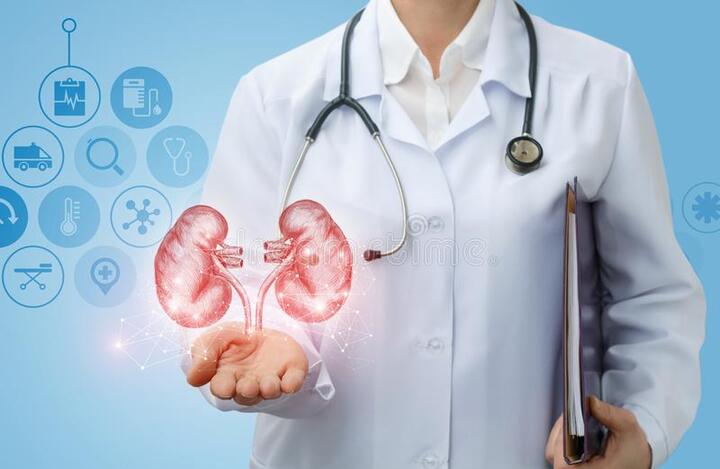Uro-Oncologist in Delhi
الجسم

Uro-oncology, also known as urological oncology, is a specialised discipline of oncology that focuses on cancers of the urinary tract in both men and women, as well as tumours of the male reproductive organs.
This discipline comprises the risk assessment, prevention, screening, diagnosis, treatment and palliative care of patients with urological cancers.
Types of Urological Cancers
1: Adrenal cancer is a rare type of cancer that forms in the adrenal glands, which are the triangular glands that are located on top of both kidneys. Cortex and medulla are the two parts of the adrenal glands, and adrenal cancers usually form in the cortex.
2. Bladder Cancer: Bladder cancer occurs when the cells present in the lining of the bladder start growing abnormally. One of the first symptoms of bladder cancer is the presence of blood in the urine. Bladder cancer is more common in men than women.
3. Kidney Cancer: Also known as renal cancer, kidney cancer is a rare form of cancer that happens when the cells present in the kidneys start dividing uncontrollably. Smoking is one of the risk factors for kidney cancers. If detected early, kidney cancers can be treated successfully.
4. Prostate Cancer: Prostate cancer is one of the common cancers among Indian men. Prostate cancer occurs when the cells of the prostate gland divide uncontrollably. It is one of the highly treatable cancers that can be caught in the early stages through regular screening.
5. Testicular Cancer: Testicular cancer occurs when the cells present in the testicles or testes start dividing uncontrollably. It is one of the rare cancers, and it is more common among men aged between 15 and 45 years. Testicular cancers can be treated with positive clinical outcomes if detected in the early stages.
6. Urethral Cancer: This is a rare type of cancer that occurs when the cells present in the urethra (a tube through which urine is expelled out of the body) start dividing abnormally. Initially, the patient may not show any symptoms; however, as the disease progresses, the patient may have problems related to urination.






تعليقات